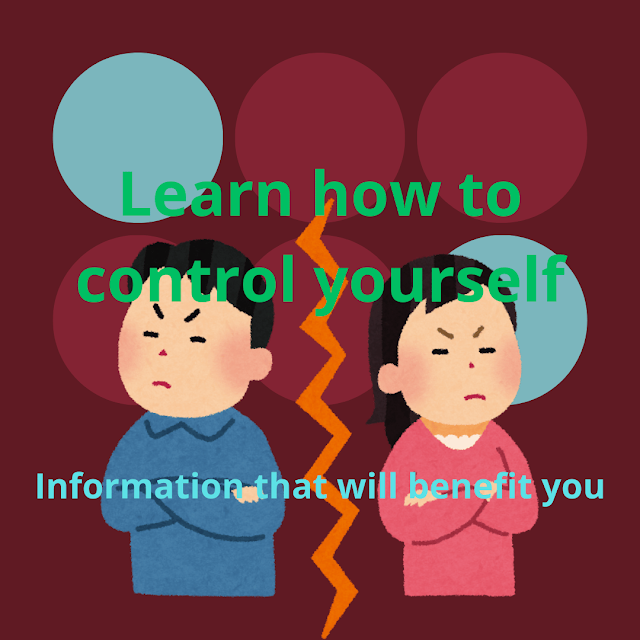Understanding Anger: Types, Risks, and Prevention Strategies
on that everyone experiences at some point. While it is a normal response to certain situations, unchecked or chronic anger can have serious repercussions for mental, emotional, and physical health. This article explores the concept of anger, its types, the dangers it poses, and effective ways to manage and prevent it.
What is Anger
Anger is an emotional state characterized by feelings of frustration, annoyance, or hostility, often triggered by perceived injustice, threats, or stress. It ranges from mild irritation to intense rage and can manifest through both emotional and physical responses, such as increased heart rate, tightened muscles, or aggressive behavior.
While anger is not inherently negative—it can sometimes motivate individuals to address issues or stand up for themselves—it can become problematic when it is poorly managed or excessive.
Types of Anger
Understanding the different types of anger is essential to managing it effectively. Below are some common forms of anger:
1• Passive Anger
° Often expressed indirectly through sarcasm, silence, or avoidance.
° The individual may suppress their emotions, leading to internal frustration over time.
2• Aggressive Anger
° Manifested through outward hostility, shouting, or even physical violence.
° Often aimed at blaming others or exerting control.
3• Assertive Anger
° A healthier form of anger expression.
° Involves calmly communicating one’s feelings and seeking constructive solutions to problems.
4• Chronic Anger
° Persistent feelings of resentment or rage, often without an obvious trigger.
° Can stem from underlying issues such as unresolved trauma or stress.
5• Self-directed Anger
° Anger turned inward, often accompanied by feelings of guilt or shame.
° Can lead to self-destructive behavior if left unaddressed.
The Risks of Uncontrolled Anger
Unmanaged anger can have severe consequences, affecting various aspects of life:
1• Physical Health Risks
Chronic anger increases the risk of heart disease, high blood pressure, and weakened immune response
It can lead to headaches, digestive issues, and sleep disorders.
2• Mental Health Impact
Prolonged anger contributes to stress, anxiety, and depression
It can impair emotional well-being and lead to feelings of isolation.
3• Relationship Strain
Frequent outbursts can damage relationships with family, friends, and coworkers
Trust and communication often deteriorate, creating further conflict.
4• Poor Decision-Making
Acting out of anger can lead to impulsive decisions that have lasting negative consequences
It may also increase the likelihood of engaging in risky or harmful behaviors.
Preventing and Managing Anger
While it is impossible to eliminate anger entirely, it is possible to manage it effectively. Here are some practical strategies:
1• Recognize Triggers
Identify situations, people, or circumstances that provoke anger
Avoid or prepare for these triggers when possible.
2• Practice Relaxation Techniques
Deep breathing, meditation, or yoga can help reduce stress and control anger
Taking a few moments to pause before reacting can make a significant difference.
3• Communicate Effectively
Use “I” statements to express feelings without placing blame (e.g., “I feel frustrated when…”)
Stay calm and focus on resolving the issue rather than escalating it.
4• Exercise Regularly
Physical activity can help release built-up tension and improve mood
Activities like walking, running, or swimming are particularly effective.
5• Seek Professional Help
For those struggling with chronic anger, therapy or counseling can provide valuable tools for coping
Cognitive-behavioral therapy (CBT) is particularly effective in addressing anger issues.
6• Adopt Healthy Lifestyle Habits
Get enough sleep, maintain a balanced diet, and avoid excessive alcohol or caffeine
These factors significantly impact emotional regulation.
Conclusion: Anger is a complex emotion that requires careful management to prevent it from negatively affecting one’s life. By understanding its types, recognizing the risks, and adopting preventive strategies, individuals can transform anger into a constructive force rather than a destructive one. Remember, the key lies in balance—acknowledging anger without letting it control you.
Start your journey towards a calmer, more composed self today by applying these techniques in your daily life.

.ico)

